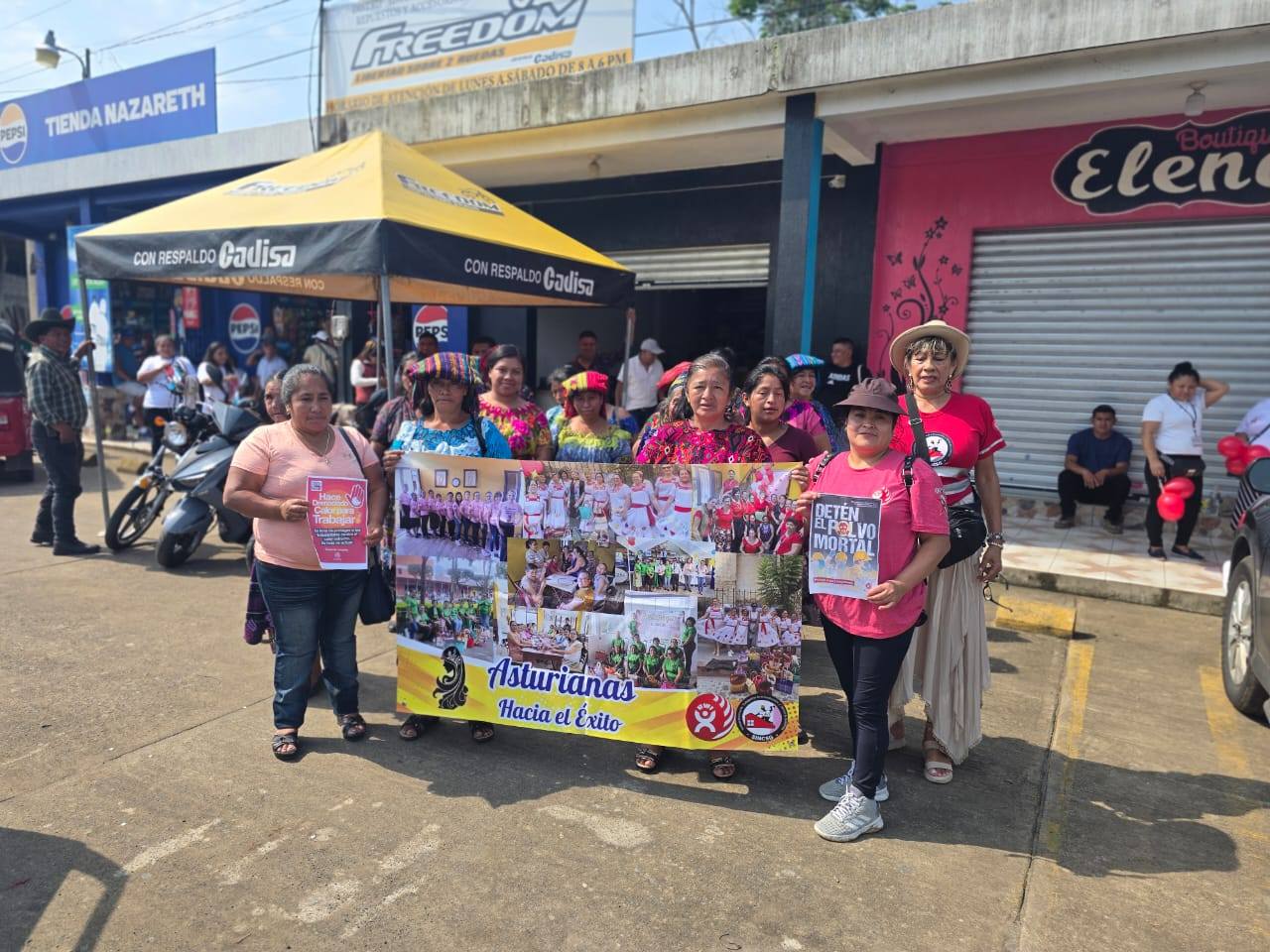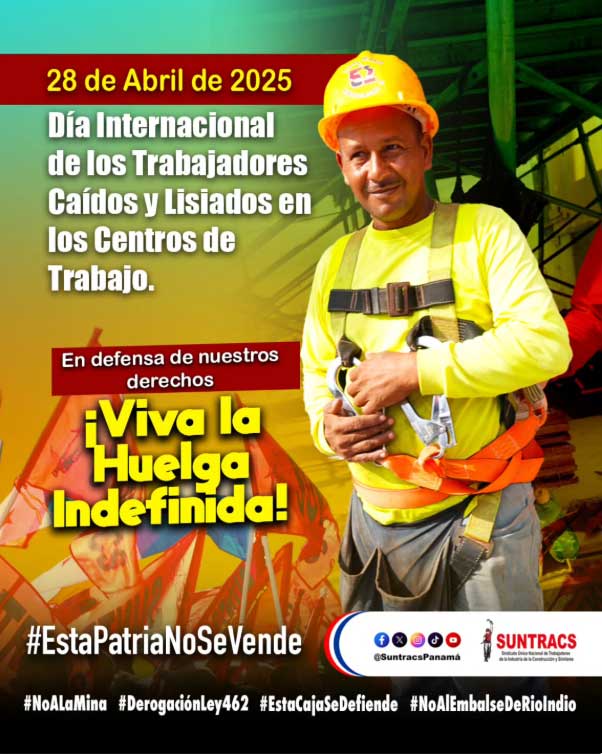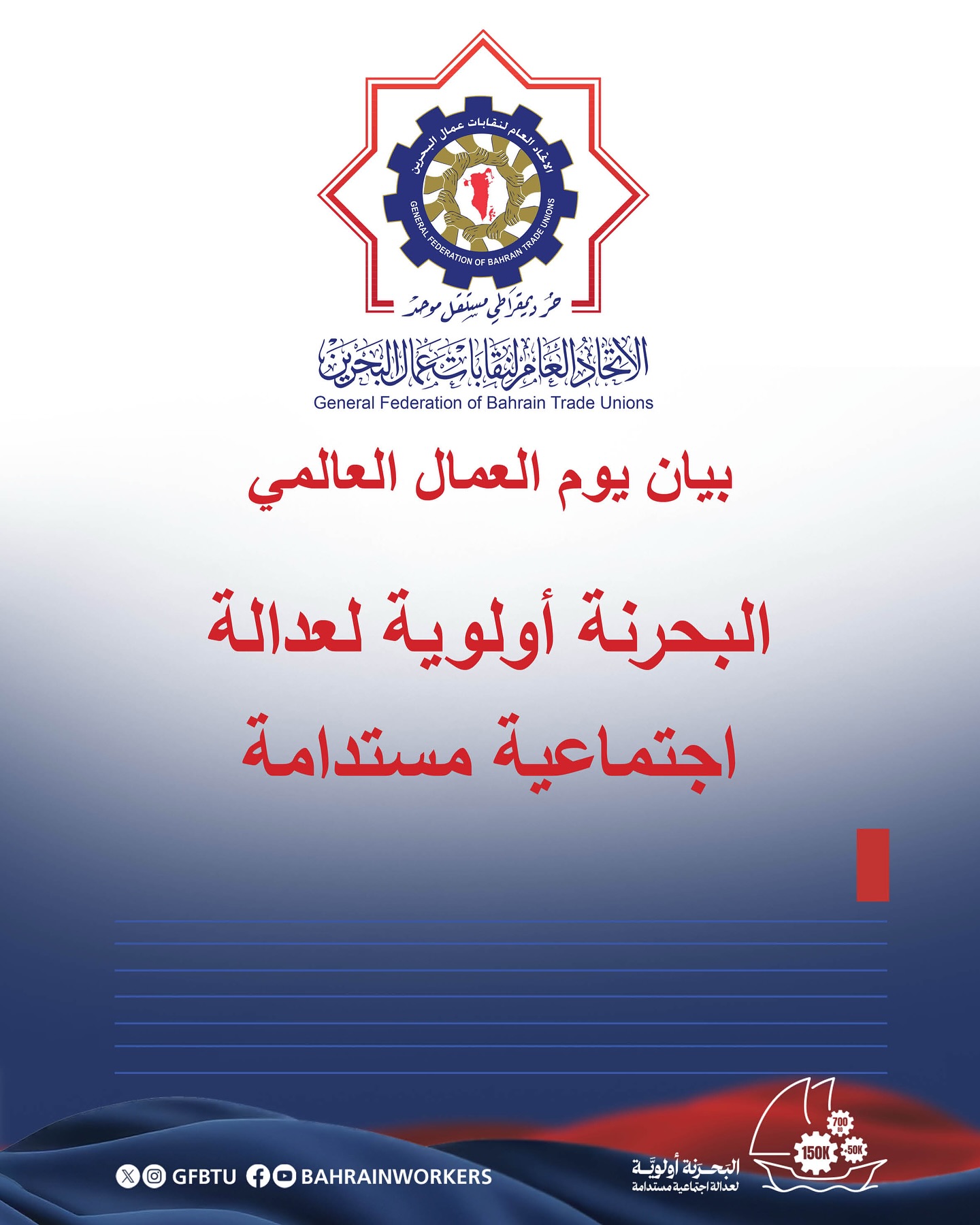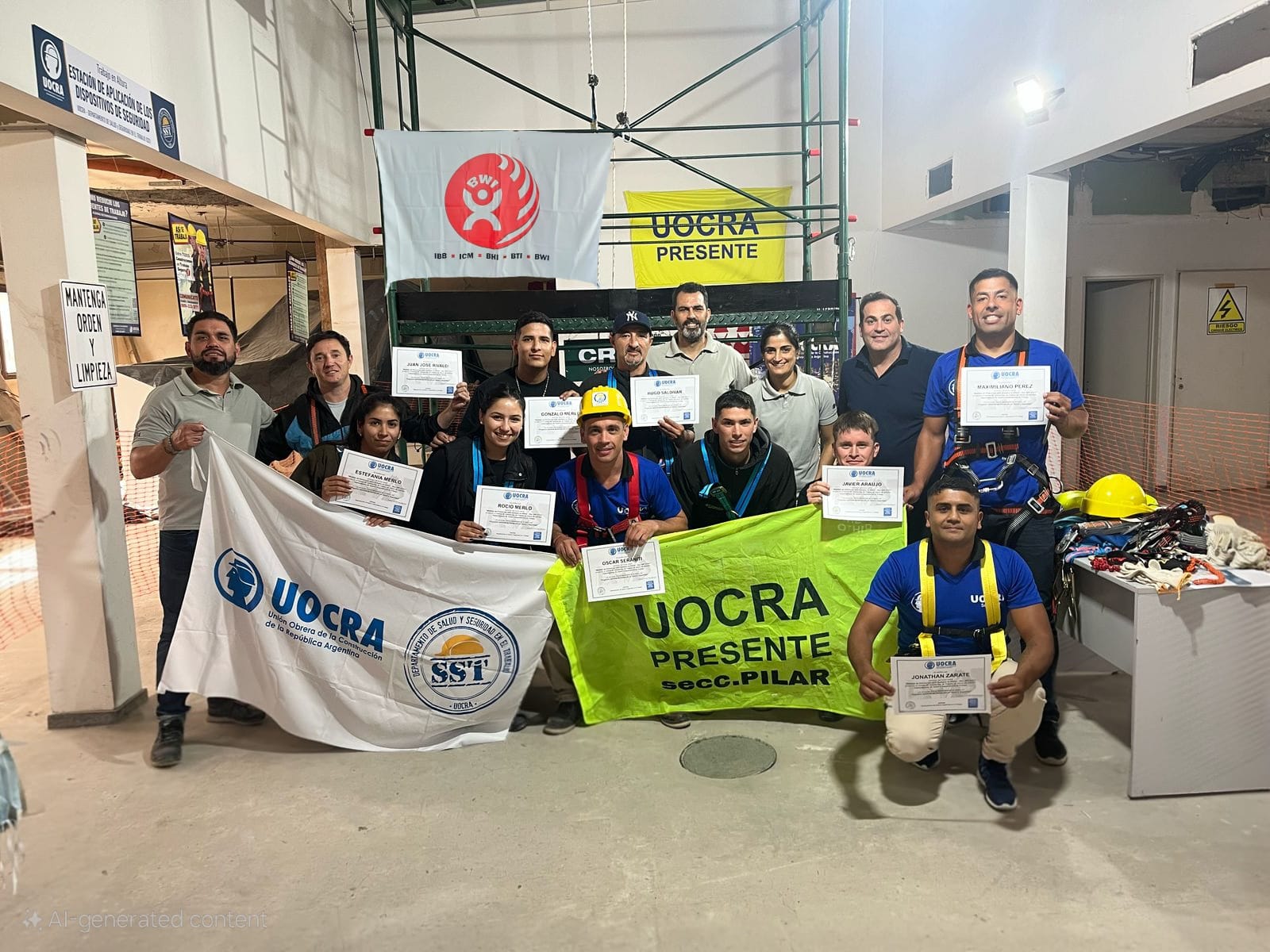Katru gadu 28. aprīlī visā pasaulē atzīmē Starptautisko darbinieku piemiņas dienu (International Workers’ Memorial Day), kuras laikā arī Latvijas Meža nozares arodbiedrība (LMNA) aicina ar klusuma brīdi atcerēties tos, kuri gājuši bojā darbā vai kuru veselība cietusi darba vides ietekmē.
“Kaut gan vēl tikai pirms trim dienām ar mūziku un kopīgu koku stādīšanu atzīmējām LMNA 35. jubileju, Starptautiskā darbinieku piemiņas diena mums kalpo kā skaudrs, bet labs atgādinājums, ka darba drošības jautājumos nedrīkstam ne mirkli atslābt,” uzsver LMNA priekšsēdētāja Kristīne Rapa.
Šī gada Starptautiskās darbinieku piemiņas dienas moto, ko nosaka Starptautiskā Būvniecības un Mežrūpniecības darbinieku arodbiedrību federācija (BWI), ir “Apstādinām nāvējošos putekļus” (Stop Deadly Dust), uzsverot īpaši bīstamo koksnes putekļu ietekmi uz veselību. Darbs meža nozarē – gan mežizstrādē, gan kokapstrādē – ik dienu pakļauj daudzus strādniekus smalku putekļu, pelējuma sporu un ķīmisko vielu klāt būtnei gaisā. Ja netiek lietoti atbilstoši, darba devēja nodrošināti individuālie aizsarglīdzekļi un darba vide nav aprīkota ar atbilstošām ventilācijas un putekļu savākšanas sistēmām, smalkie putekļi var iekļūt dziļi elpceļos izraisot plaušu slimības, vēzi, hronisku bronhītu, alerģijas un citas veselības problēmas.
Neskatoties uz dažiem pozitīviem piemēriem, kopējā tendence nelaimes gadījumu skaita ziņā mežsaimniecībā un kokrūpniecībā Latvijā pēdējo 10–15 gadu laikā nav būtiski uzlabojusies un saglabājas nemainīgi augsta. Lai panāktu ievērojamu samazinājumu nelaimes gadījumu skaitā, nepieciešams pastiprināt darba drošības prasību ievērošanu, uzlabot darbinieku apmācību un nodrošināt atbilstošu darba aprīkojumu.
“Kā liecina Skandināvijas pieredze, situācijas uzlabošanā būtiska loma ir spēcīgai arodbiedrībai. Kaut gan mēs iestājamies par ikviena nozarē nodarbinātā tiesībām uz drošu un veselībai nekaitīgu darba vidi, plašākas arodbiedrības rindas nozīmē lielāku kopējo spēku un ietekmi panākt, ka visi darba devēji ievēro noteiktos darba drošības standartus. Diemžēl meža nozarē šai ziņā joprojām tiek gana grēkots,” atzīst Kristīne Rapa.
BWI KAMPAŅA “APTURI NĀVĪGO PUTEKĻU DRAUDUS”
Mežsaimniecības un kokapstrādes nozarē strādājošie ikdienā saskaras ar bīstamām gaisā esošām daļiņām. Koksnes putekļu iedarbība ir būtisks, taču bieži nenovērtēts darba vides veselības apdraudējums. Griešanas, slīpēšanas un apstrādes laikā rodas smalki putekļi, kas apdraud veselību, izraisot plaušu slimības, vēzi un elpošanas traucējumus.
Putekļi satur arī pelējuma sporas, baktērijas un ķīmiskos izgarojumus, kas var radīt ilgtermiņa veselības sekas. Neraugoties uz darba drošības uzlabojumiem, daudziem darbiniekiem joprojām nav atbilstošas aizsardzības pret šiem piesārņotājiem. Šī kampaņa aicina steidzami pastiprināt drošības prasības, uzlabot putekļu kontroli un veicināt izpratni par risku, lai aizsargātu strādājošo veselību.
Koksnes putekļi un to radītie riski
Koksnes putekļi ir gaisā esošas smalkas daļiņas, kas veidojas kokmateriālu apstrādes laikā.
Galvenie avoti:
- Mežizstrāde:
- Zāģēšana, šķeldošana un mizu noņemšana rada daudz putekļu.
- Klāt nāk arī pelējuma sporas, augsnes daļiņas un dabiski mikroorganismi.
- Zāģētavas un apstrādes cehi:
- Augstas intensitātes griešana, slīpēšana un ēvelēšana palielina gaisā esošo smalko putekļu daudzumu.
- Slēgtās telpās putekļi uzkrājas, palielinot ieelpošanas risku.
- Mēbeļu, būvmateriālu un kokizstrādājumu ražošana:
- Slīpmašīnas, frēzes, urbji un citi elektroinstrumenti rada intensīvu putekļu emisiju.
- MDF, saplākšņa un skaidu plātņu ražošana ietver sveķus un līmvielas, kas, izplatoties gaisā, kļūst toksiskas.
Kāpēc koksnes putekļi ir īpaši bīstami
- Daļiņu izmērs
- Smalkās daļiņas spēj iekļūt dziļi plaušās, izraisot iekaisumu un fibrozi.
- Dažu koku veidu toksiskums
- Ozols un sarkankoks saistīti ar deguna vēža risku.
- Daži skujkoki satur sveķus un eļļas, kas izraisa alerģiskas reakcijas.
- Ilgstoša iedarbība un slikta ventilācija
- Slikta gaisa apmaiņa un augstas ātrdarbības instrumenti palielina putekļu koncentrāciju.
Koksnes putekļu izraisītās veselības problēmas
- Arodastma un hronisks bronhīts – izraisa elpošanas traucējumus.
- Plaušu vēzis – īpaši no cietkoksnes putekļiem (IARC klasificē kā 1. grupas kancerogēnus).
- Deguna un deguna blakusdobumu vēzis – ilgstoša iedarbība īpaši bīstama.
- Ādas un acu kairinājums – dermatīts, alerģiskas reakcijas.
- HOPS (Hroniska obstruktīva plaušu slimība) – bojājumi plaušās, elpas trūkums.
- Hipersu jutības pneimonīts (HP) – imūnreakcija uz organiskiem putekļiem.
- Organisko putekļu toksiskais sindroms (ODTS) – smaga reakcija uz pelējuma sporām.
Galvenie izaicinājumi:
- Zema informētība un prasību ievērošana
- Nepietiekama aizsardzības aprīkojuma pieejamība
- Nepilnīga normatīvo aktu piemērošana dažādās valstīs
Ko var darīt arodbiedrības:
- Rīkot apmācības, diskusijas, drošības kampaņas un darbnīcas.
- Organizēt publiskas akcijas, demonstrācijas, piemiņas pasākumus.
- Sadarboties ar ārstiem un pētniekiem, apkopot slimību datus.
- Aicināt valdības un darba devējus ieviest stingrākus noteikumus.
Papildu informācija un resursi:
- UK HSE – Wood dust: Controlling the risk
- NSW SafeWork – Wood Dust Health Hazards
- NIH – Wood Dust and Cancer
Latvijas Meža nozares arodbiedrība (LMNA)





